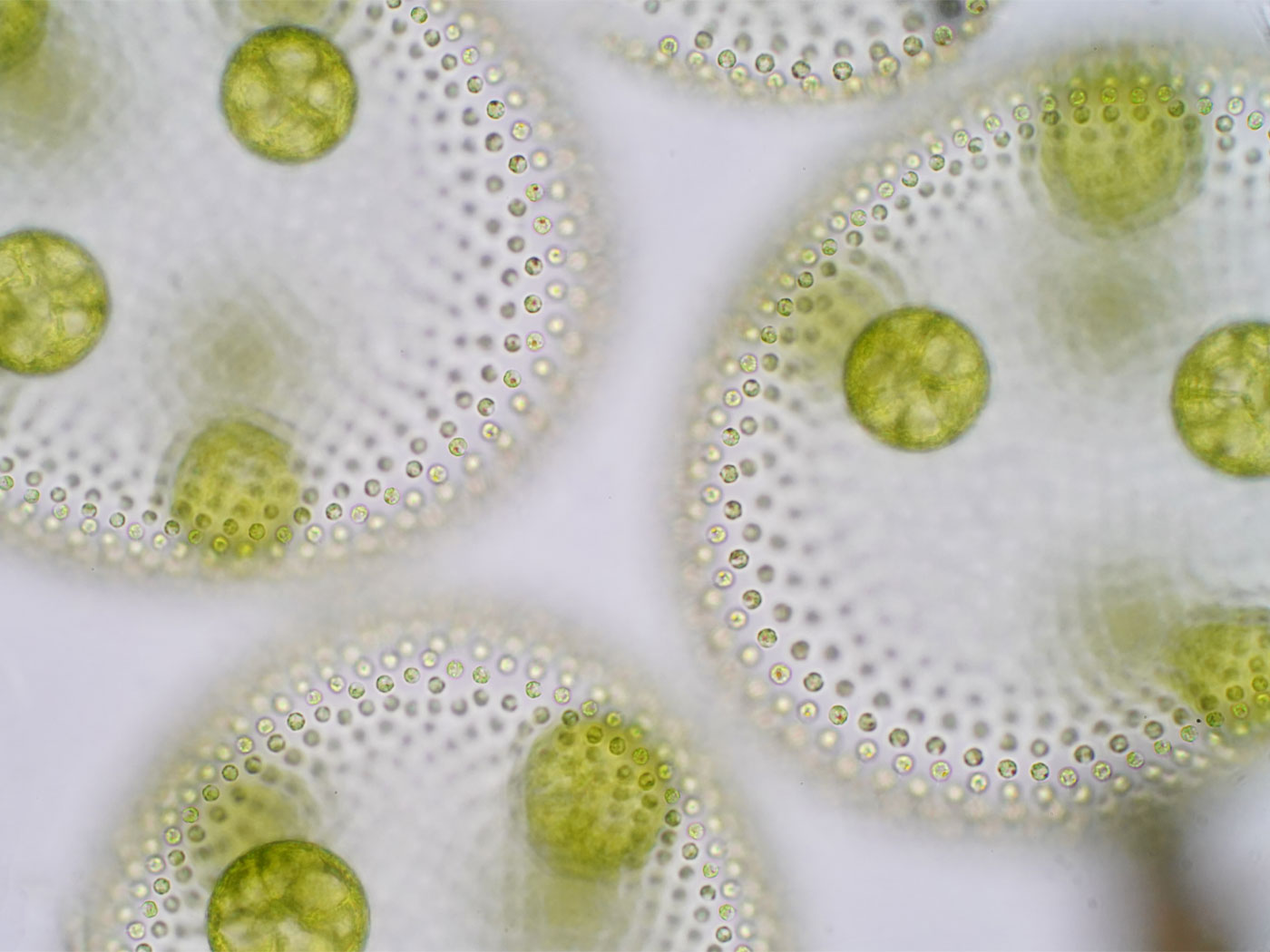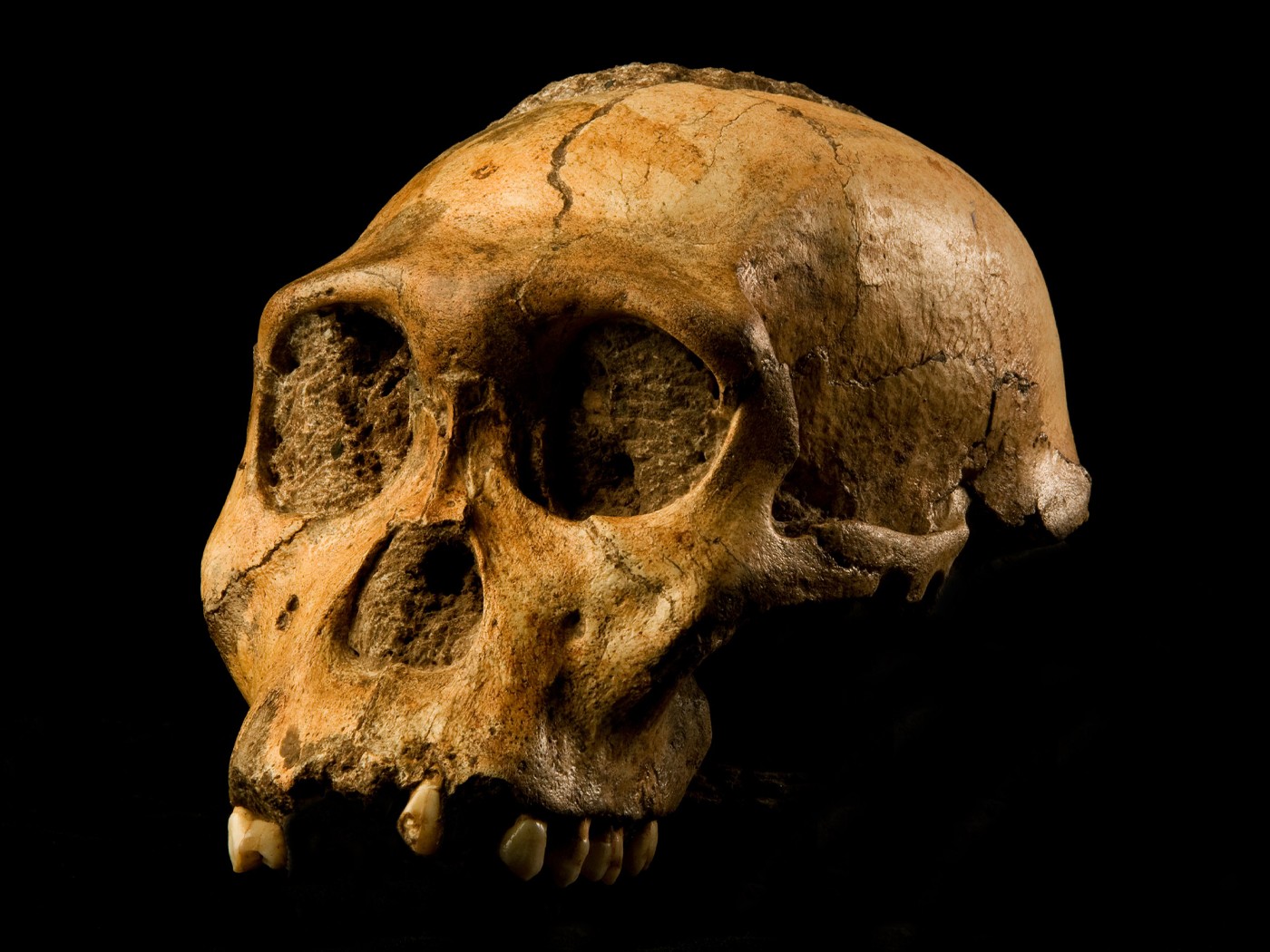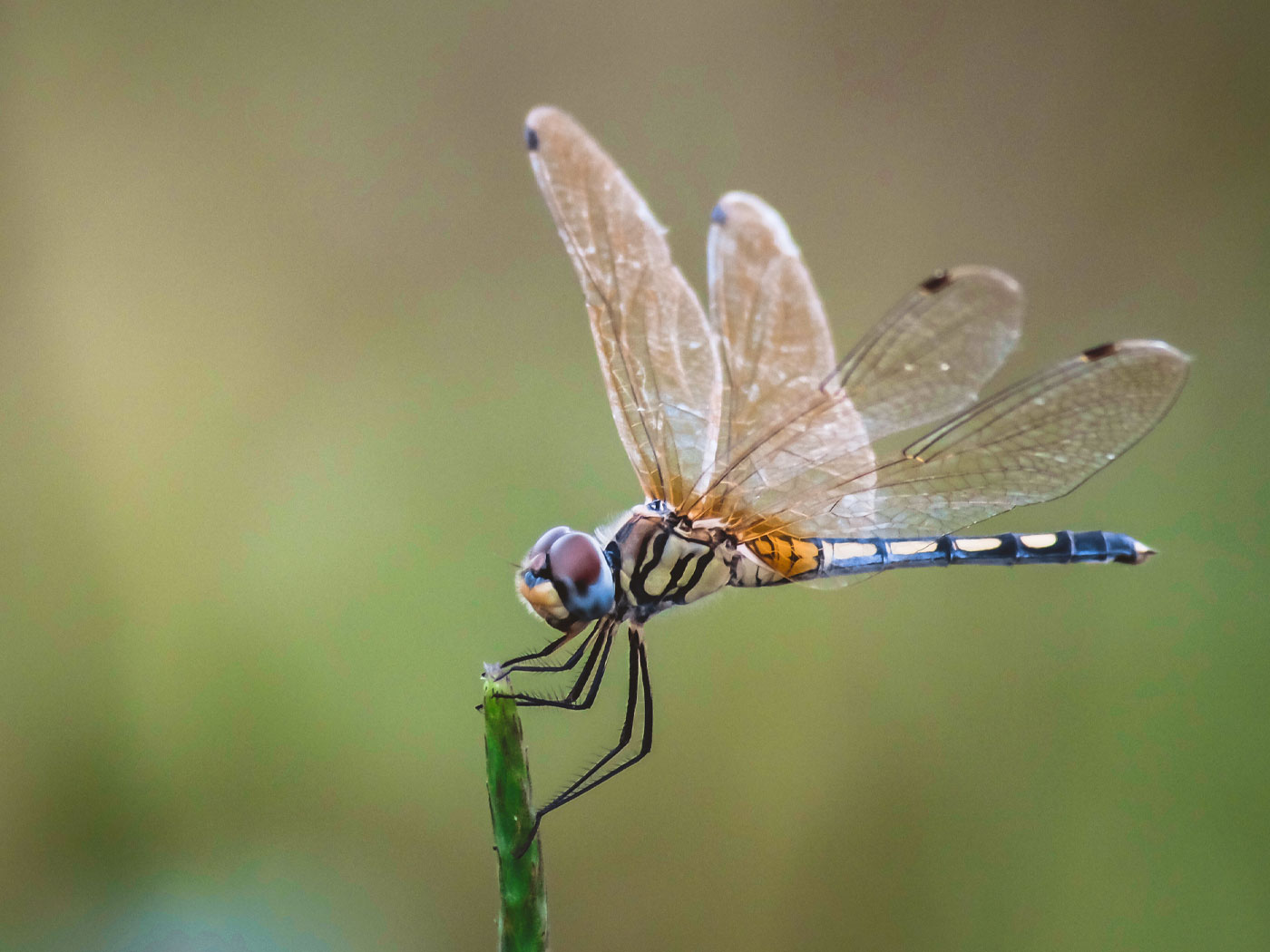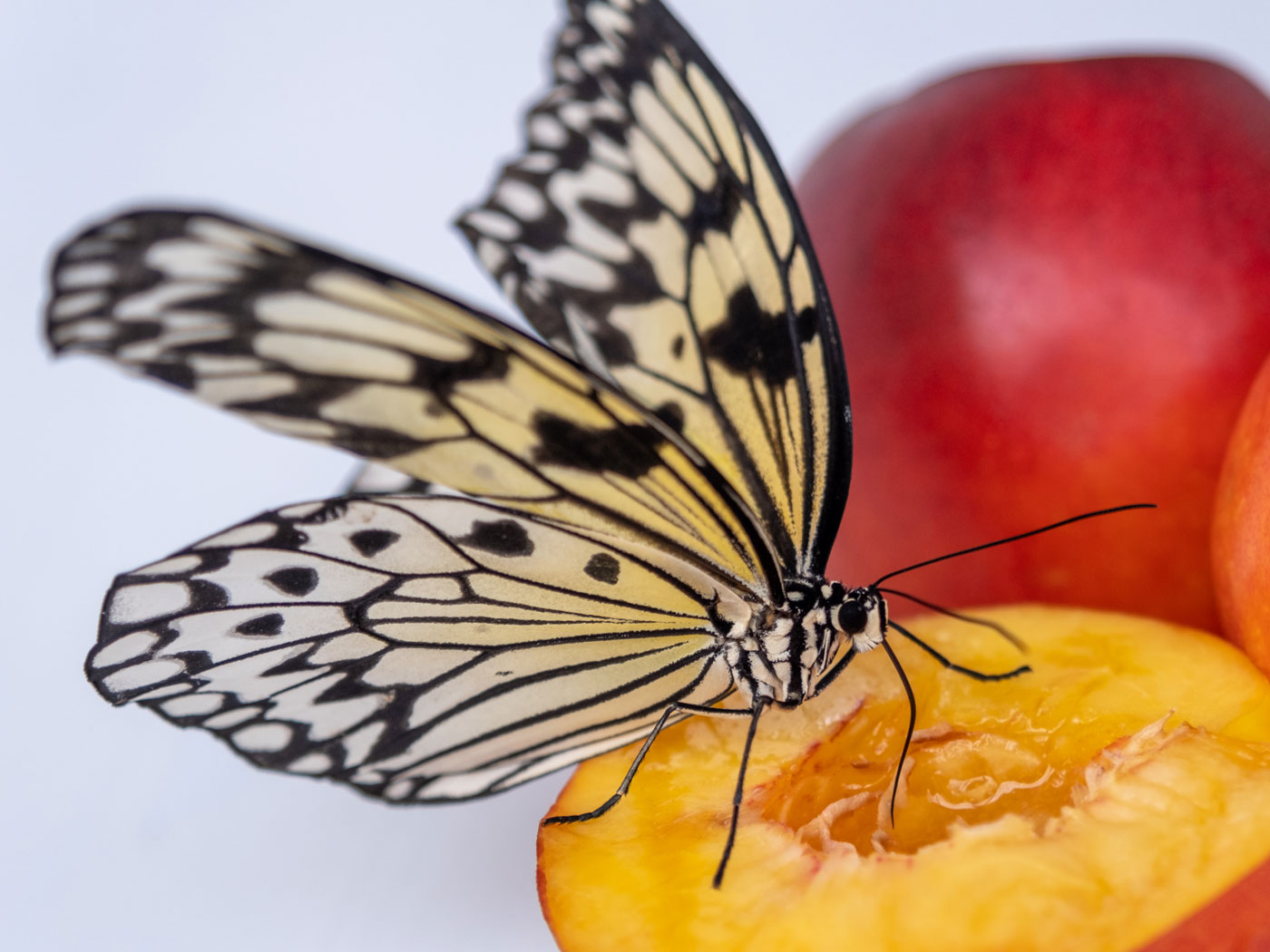Many have experienced the calming effects that a simple stroll in a park can produce, but scientists are discovering that walking in green surroundings can also reduce the symptoms experienced by children diagnosed with attention deficit hyperactivity disorder (ADHD).
In a study published online in the Journal of Attention Disorders,1 researchers at the University of Illinois led children individually through three different environments: a city park and two other less “green” urban settings. They measured an increase in attention after a 20-minute walk in the park. “We don't know what it is about the park, exactly—the greenness or lack of buildings—that seems to improve attention, but the study tells us that even though everything else was the same…we still saw a measurable difference in children's symptoms,” said Frances E. Kuo in a university news release.2
These observations fit well with the creation model, which posits that the Creator engineered green places for the enjoyment and benefit of the first living organisms He created. He placed the first man and woman in an idyllic garden, in which God Himself walked “in the cool of the day.”3 It makes sense that human physiology would respond favorably to the setting in which it was first designed to operate.
These and similar findings may provide urban planners and school architects with the insight and motivation to engineer more green walking spaces which all humans, not just children with ADHD, can frequent. It is already well-known that walking has health benefits, but walking in green places has both measurable cognitive benefits and biblical precedent.
References
- Taylor, A. F. and F. E. Kuo.Children with Attention Deficits Concentrate Better after Walk in the Park. Journal of Attention Disorders. Published online ahead of print August 25, 2008.
- Taylor, A. F. Research Shows a Walk in the Park Improves Attention in Children with ADHD. University of Illinois Urbana Press Release, October 15, 2008.
- Genesis 3:8.
* Mr. Thomas is Science Writer.
Article posted on October 21, 2008.


















